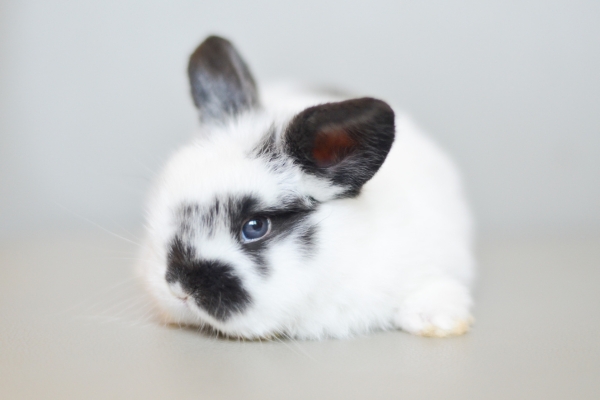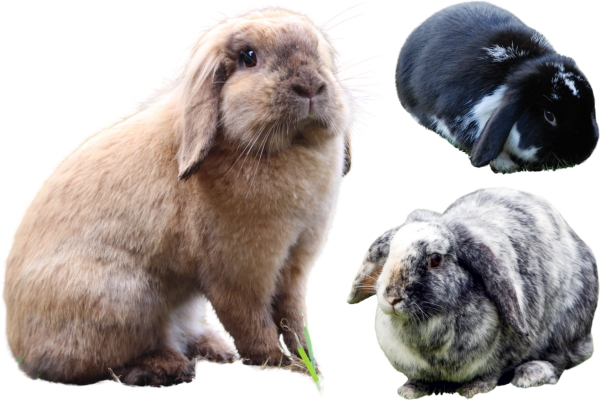Originating in the Netherlands, the affectionate Holland Lop is one of the most popular bunny breeds kept as pets today. With their sweet expressions, floppy ears, and compact size, many rabbit lovers find them irresistible. But are Holland Lops truly suitable house pets for owners?
Holland Lop Personality and Temperament
A key factor determining pet suitability is an animal’s innate personality and temperament. Holland Lops tend to be remarkably docile, friendly companions when socialized from a young age. They become deeply attached to their owners, eagerly seeking out human interaction and playtime.
Many Holland Lop aficionados highlight their particularly calm demeanors compared to other rabbits. While excitable and active at times, they are just as content cuddling with their owners while being petted or watching TV from your lap. Their peaceful nature makes them patient pets should children want to hold them.
Are Holland Lops Good with Children and Other Pets?
Properly supervised interaction between Holland Lops and respectful children generally goes well. However, very young toddlers should never be left alone unmonitored with rabbits of any breed. As prey animals, rabbits may become frightened and injure themselves attempting to flee if handled too roughly. Teaching children proper manners around rabbits is paramount.
Holland Lops normally cohabitate amicably with cats and mellow dogs when introduced gradually. Same-sex bonding with another neutered or spayed rabbit is also possible. However, as territorial animals unfixed rabbits should never be housed together.

Holland Lop Care and Handling Requirements
While calmer than many breeds, Holland Lops still require devoted owners willing to spend ample time interacting with them. Minimal cuddling, exercise, and mental stimulation will lead to poor health and behavior over time. Nutrition, housing, grooming needs are also notable considerations discussed below.
Housing Considerations for Holland Lops Despite their small stature, Holland Lops require plenty of room to explore and play whether housed indoors or outdoors. The House Rabbit Society recommends at least 8 square feet of enclosure space per 2 lbs of body weight as a Minimum. This allows for a litter box, hiding box, toys, and still gives them adequate area for hopping and standing upright.
Holland Lop Health Problems and Lifespan
Reputably bred Holland Lops enjoy moderately long lifespans between 7-10 years. The most common health issues owners should monitor for include dental disease, gastrointestinal stasis, ear infections, overgrown teeth, and sore feet. Overall though, Holland Lops are not predisposed to many congenital conditions impacting other lop-eared breeds.
FAQs About Holland Lops as Pets
Do Holland lops make noise?
Occasional quiet grunting may emit when excited, anxious, or in pain but they are not innately vocal rabbits.
What vegetables and fruits can Holland Lops eat?
Leafy greens like romaine lettuce, vegetables like broccoli and carrots, and fruits like apples, bananas, and strawberries can be offered safely. Introduction new items slowly watching for any diarrhea indicative of stomach upset.
How often should Holland Lops be fed?
Holland lops should have unlimited access to timothy or other grass hay, supplemented by a measured daily portion of fresh vegetables and high-fiber rabbit pellets. Hammer down exact amounts for age and weight through a consultation from an experienced rabbit vet.
Conclusion: Ideal Homes for Holland Lop Bunnies
At their core, Holland Lops thrive in nurturing indoor environments with devoted caregivers able to spend ample high-quality time pampering them daily. They reciprocate this affection through their docile, attached natures.
As long as future Holland Lop owners ensure proper diet, housing, healthcare, and attention is provided, these endearing rabbits make fabulous house pets. Their sweetness explains exactly why the Holland Lop ranks as one America’s most beloved bunny breeds.

